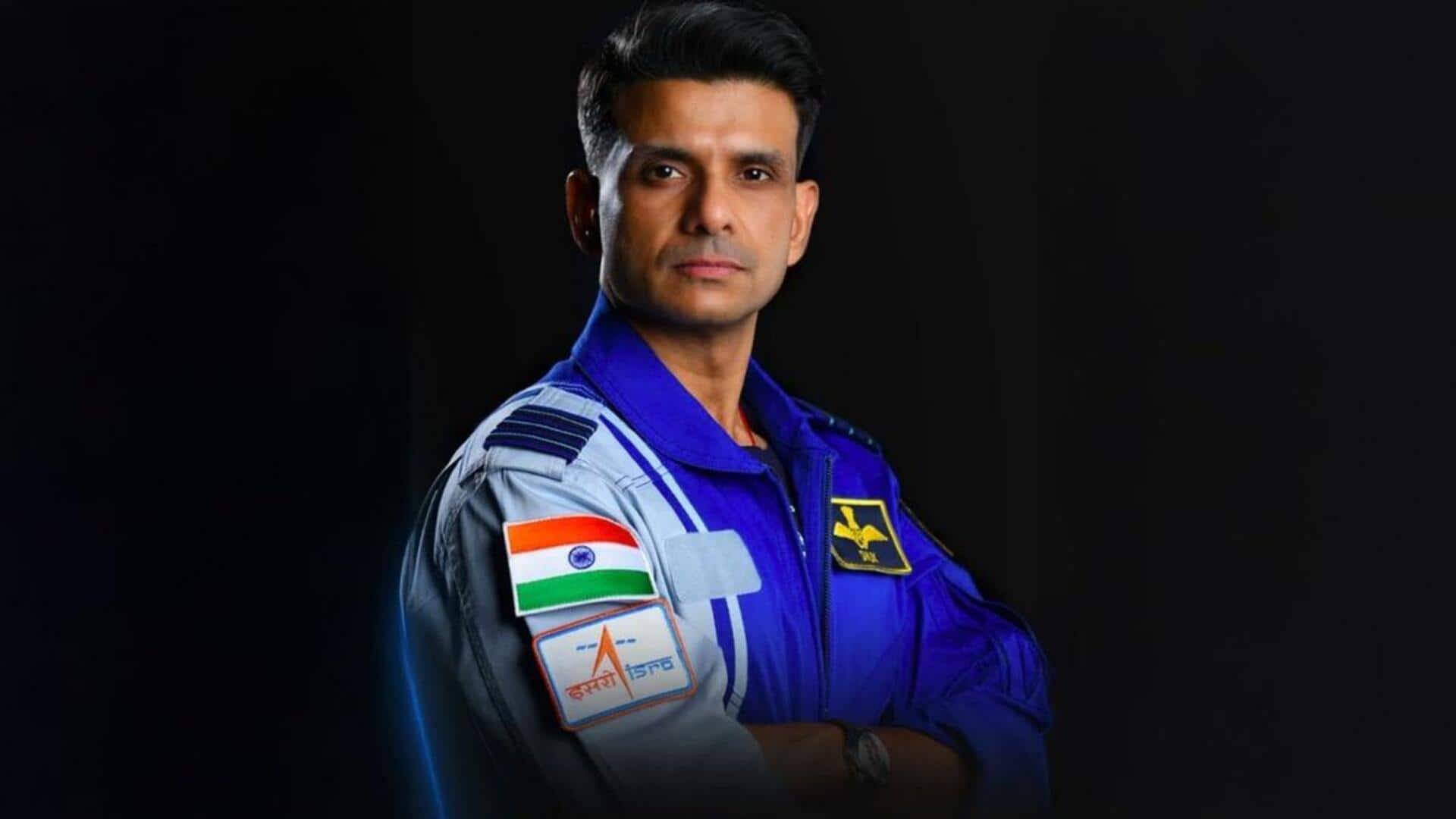
Indian astronaut Shubhanshu Shukla to grow moong, methi in space
What's the story
Indian astronaut Shubhanshu Shukla is gearing up for a historic mission to the International Space Station (ISS) on June 8. The trip is part of the Axiom Mission 4, a collaborative effort involving ISRO, NASA, and the ESA. One of his main jobs at the station will be to grow green gram (moong) and fenugreek (methi) seeds in microgravity.
Mission objectives
Research on sustainable food solutions
His experiments will focus on how these plants germinate and grow in microgravity, a key factor in developing sustainable food solutions for long-duration space missions. This marks a major step toward India-focused space agriculture and life-support systems for future explorations. The seeds were chosen for their nutritional and medicinal properties, making them ideal candidates for this groundbreaking study.
Research methodology
Comprehensive analysis of plant growth
The experiment goes beyond just sprouting seeds in space. After the samples are returned to Earth, researchers will study multiple generations of the plants for changes in their genes, microbial interactions, and nutritional profiles. This holistic approach aims to uncover traits that could improve crop resilience and productivity both in space and on Earth. It is an important step toward sustainable life-support systems for long-duration missions like Gaganyaan.
International cooperation
Axiom-4 mission: A testament to global collaboration
The latest Axiom mission is a shining example of international collaboration, with astronauts from India, the US, Hungary, and Poland. This project underlines India's rising prominence in space science and its dedication to developing sustainable technologies for space travel. If successful, Shukla's experiments could open doors for cultivating more superfoods beyond Earth, enriching our understanding of space agriculture on a global scale.